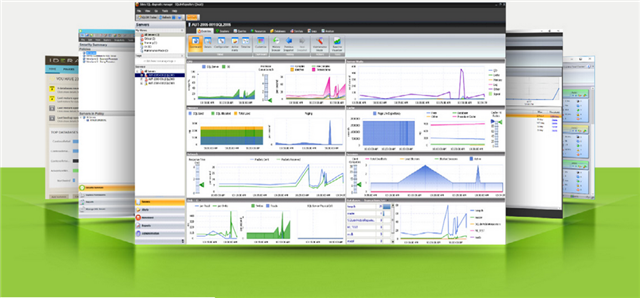Healthcare organizations need methods to overcome challenges to achieve the data-driven financial and clinical objectives. Such approaches include ingesting, cleansing, storing, protecting, governing, maintaining, and accessing the data, then making it useful for sharing in reports and presentations.
Databases ingest all data from somewhere. However, data does not always originate from locations with impeccable habits for governance of data. Obtaining data that is formatted correctly for use in multiple systems, accurate, complete, and clean is an ongoing struggle for healthcare organizations. A partial comprehending of why analytics for big data is vital, tortuous workflows, and poor usability of electronic health records contribute to problems with the quality of data throughout its life cycle. Healthcare organizations can reinforce their processes for gathering data by developing projects to improve clinical documentation that guide healthcare providers on how to ensure that data is useful for downstream analytics for big data, requesting assistance from information management professionals, enlisting expertise in the governance of data, and prioritizing valuable types of data for essential projects.
Healthcare organizations are accustomed to the importance of cleanliness in operating rooms and clinics. However, they may not be quite as aware of how vital it is to cleanse their data. Unclean data can quickly derail projects for analytics for big data. Such problematic data is especially problematic when combining disparate data sources that record operational and clinical elements in different formats. Scrubbing of data ensures that datasets are pertinent, consistent, correct, accurate, and not corrupt. Healthcare organizations often cleanse data manually. At the same time, several vendors offer automated tools to scrub data that apply logic rules to compare, contrast, and correct large datasets. These tools are becoming increasingly sophisticated and accurate as techniques for machine learning continue their rapid advancement. This improvement reduces the necessary time and expense to ensure high levels of accuracy and integrity of data warehouses for healthcare.
For more information on the other methods, refer to the 14-page whitepaper “Handling the Complexities of Analytics for Big Data for Healthcare”.
Click here to read the whitepaper.
Manage Microsoft SQL Server databases with IDERA’s SQL Management Suite. It covers performance, workload analysis, SQL query tuning, compliance, security, backup, and index fragmentation. Browse the datasheet, read a case study about a medium enterprise healthcare company, download a free, fully functional, 14-day trial, request a one-on-one demonstration, and request a price quotation.
